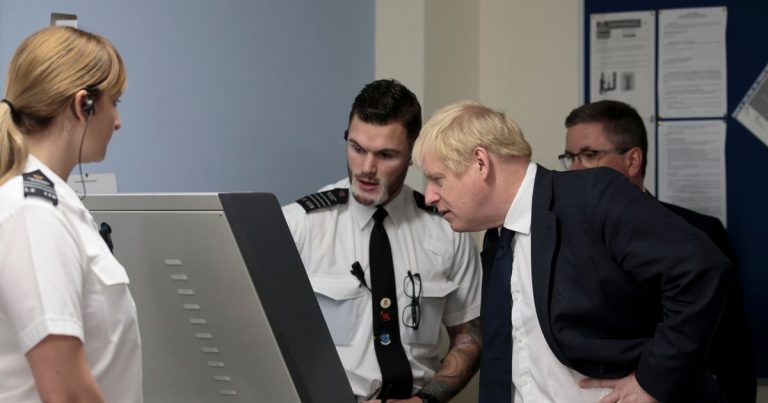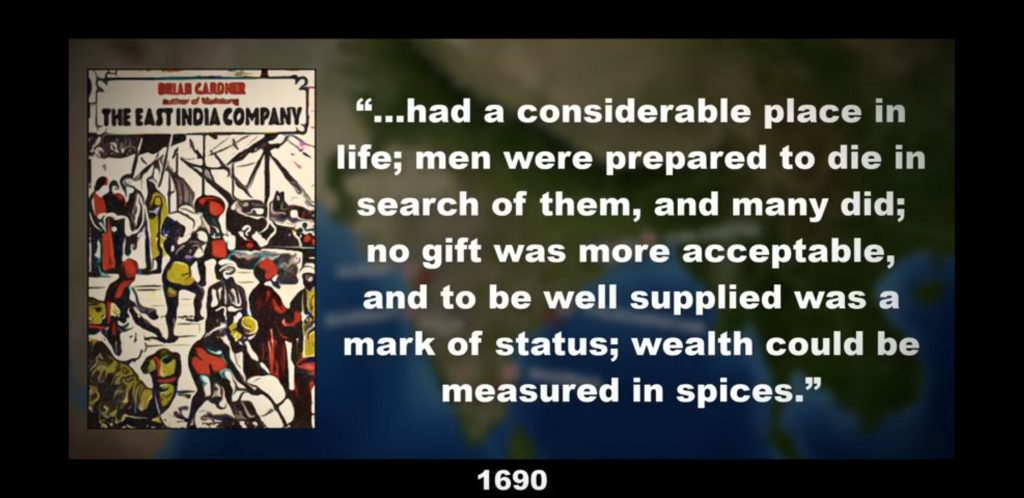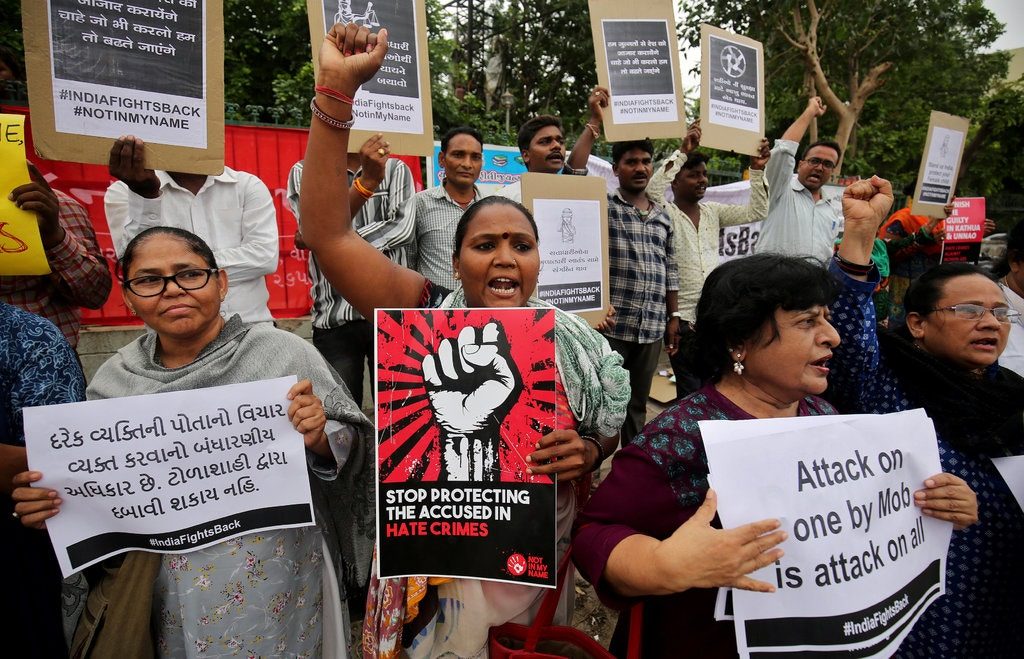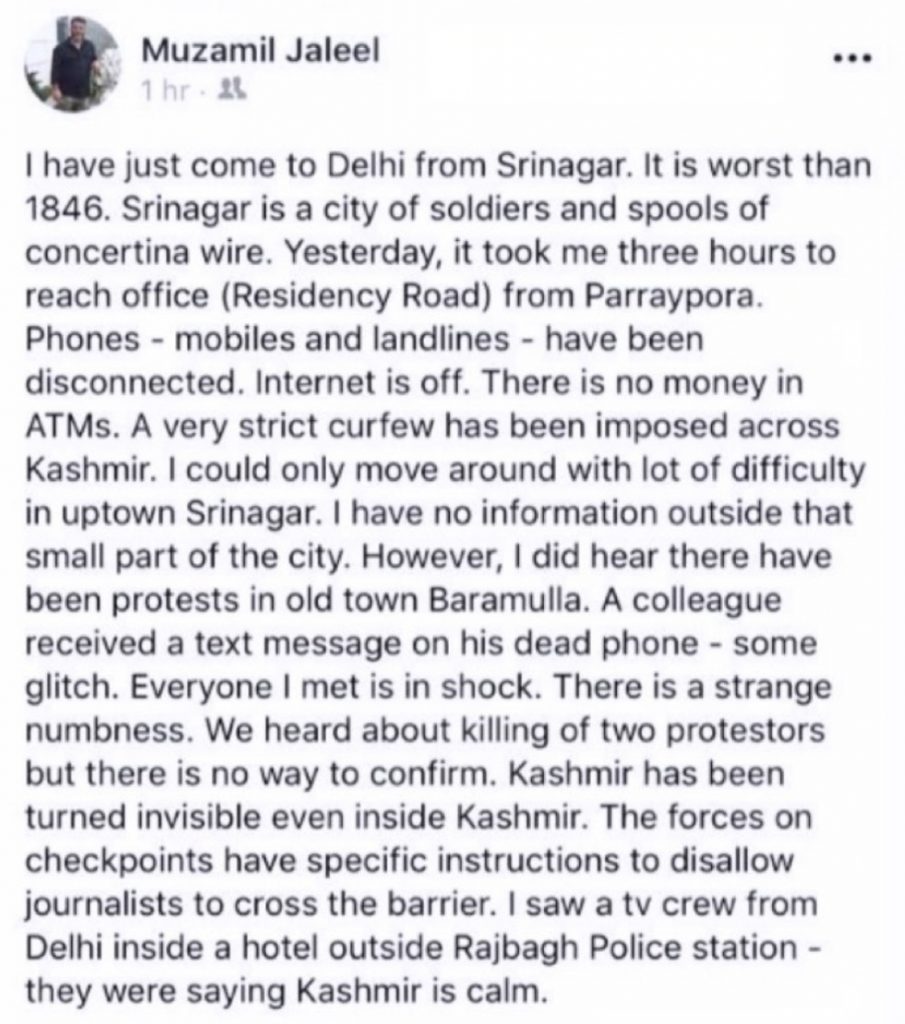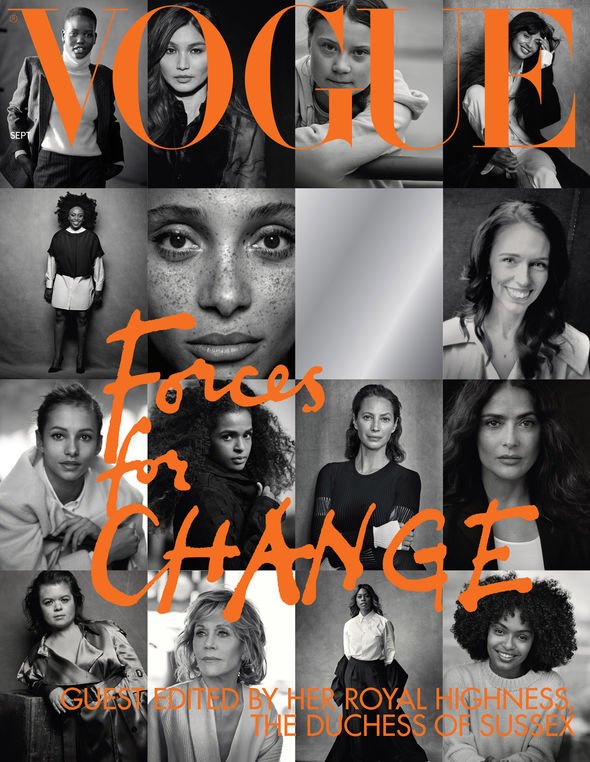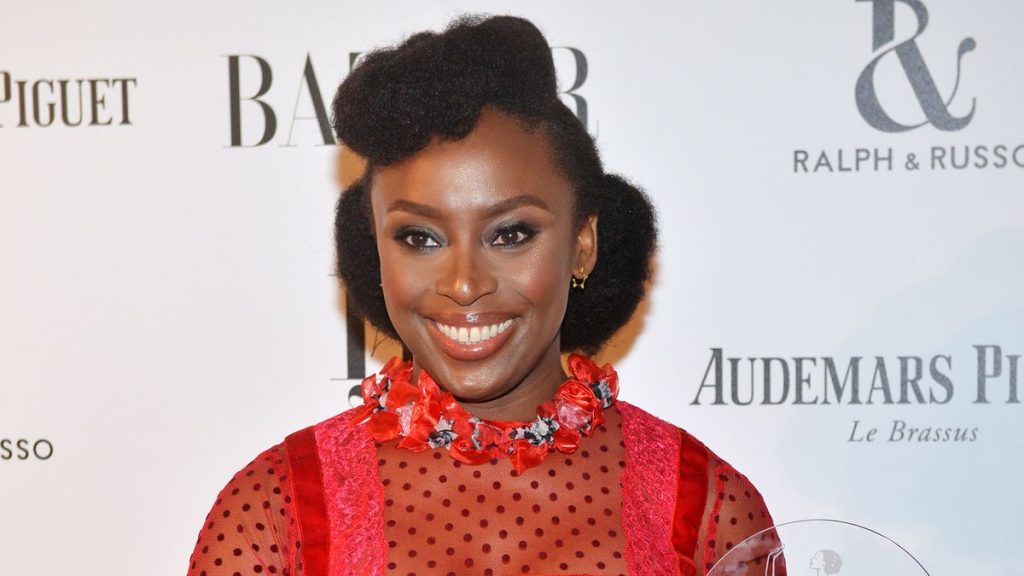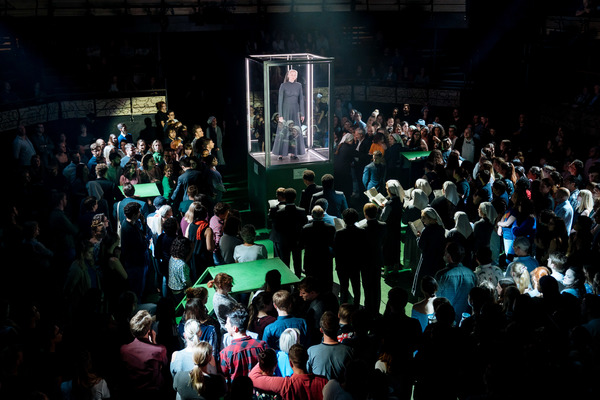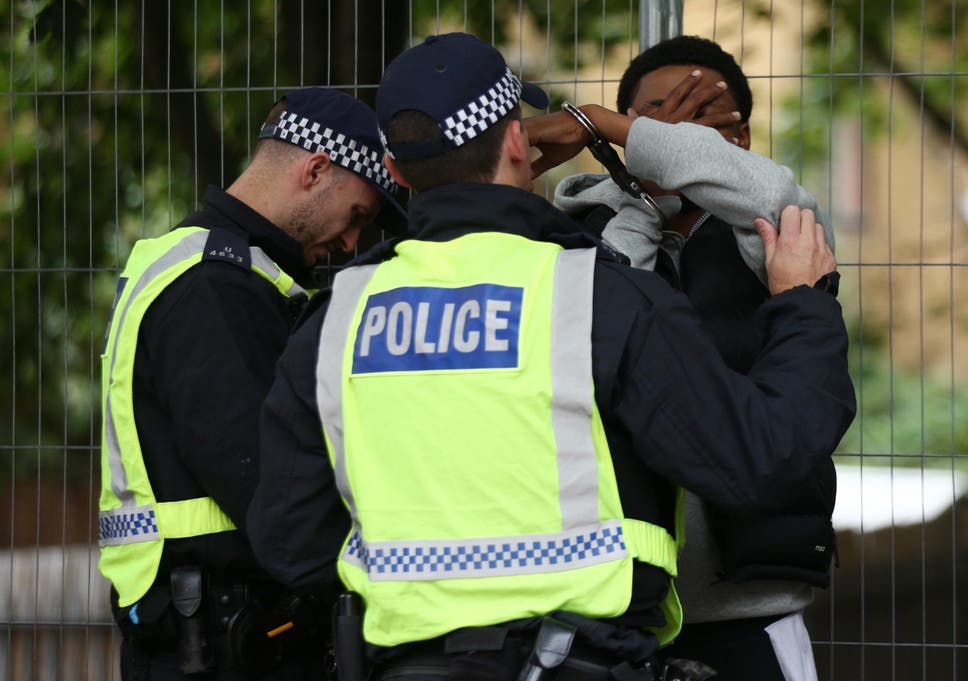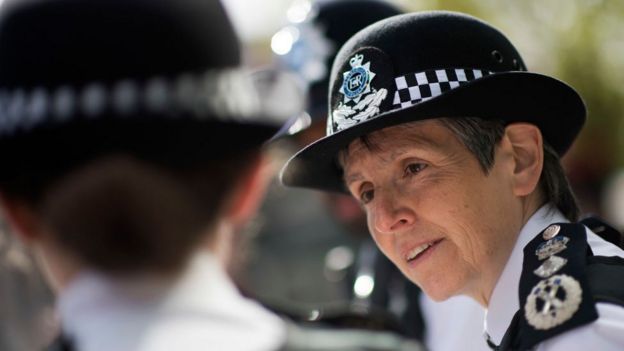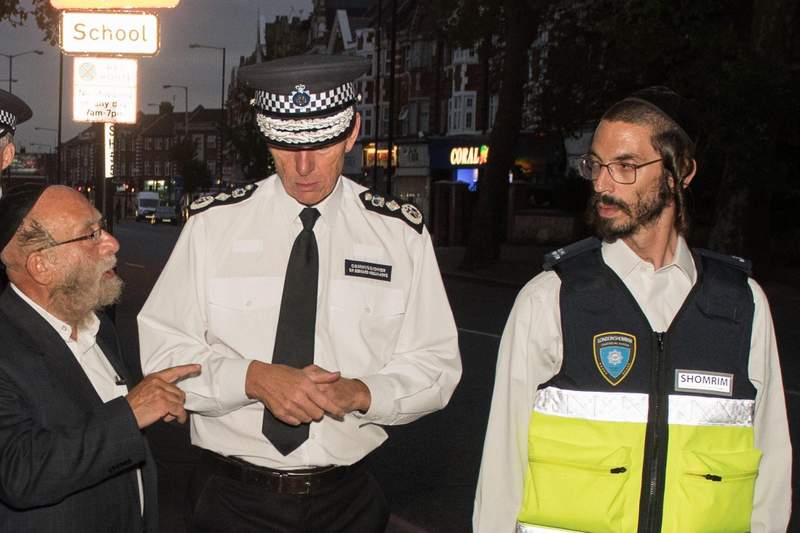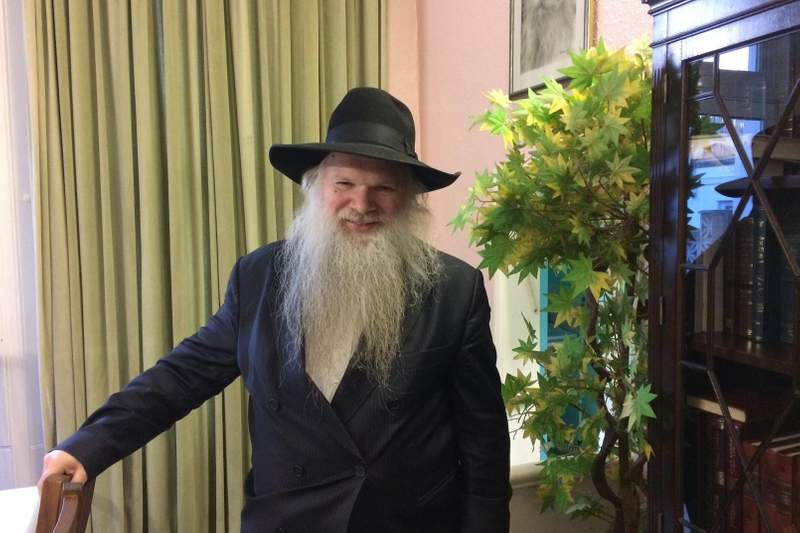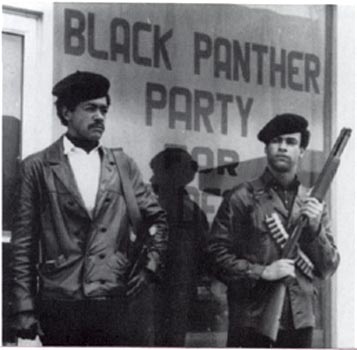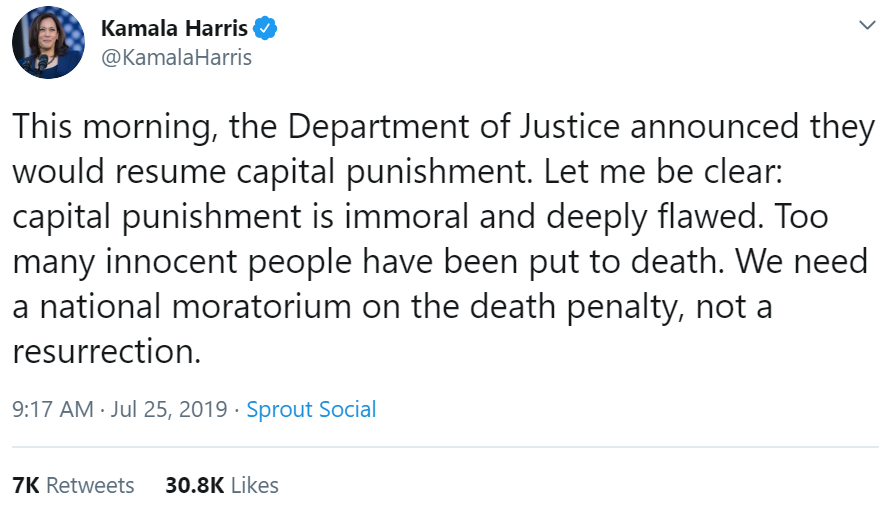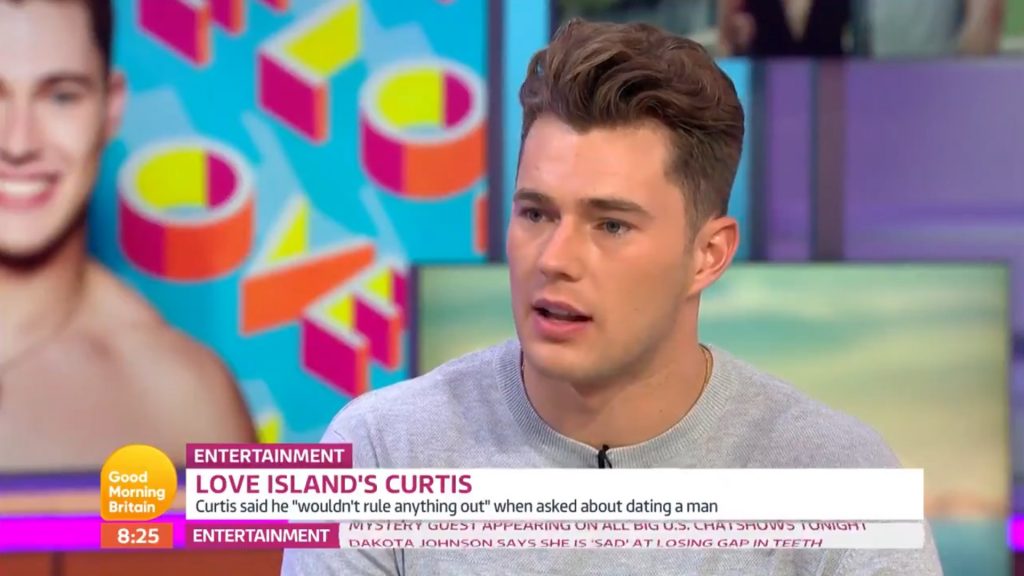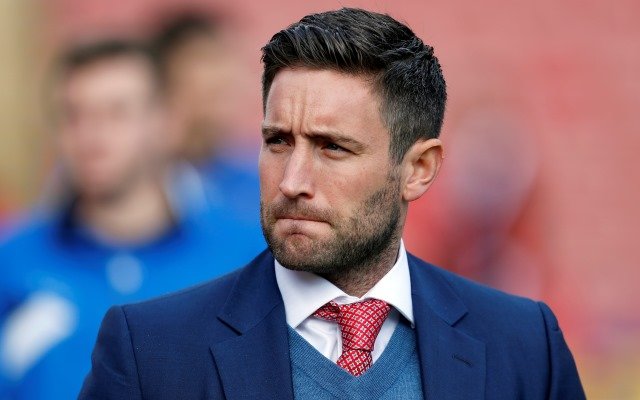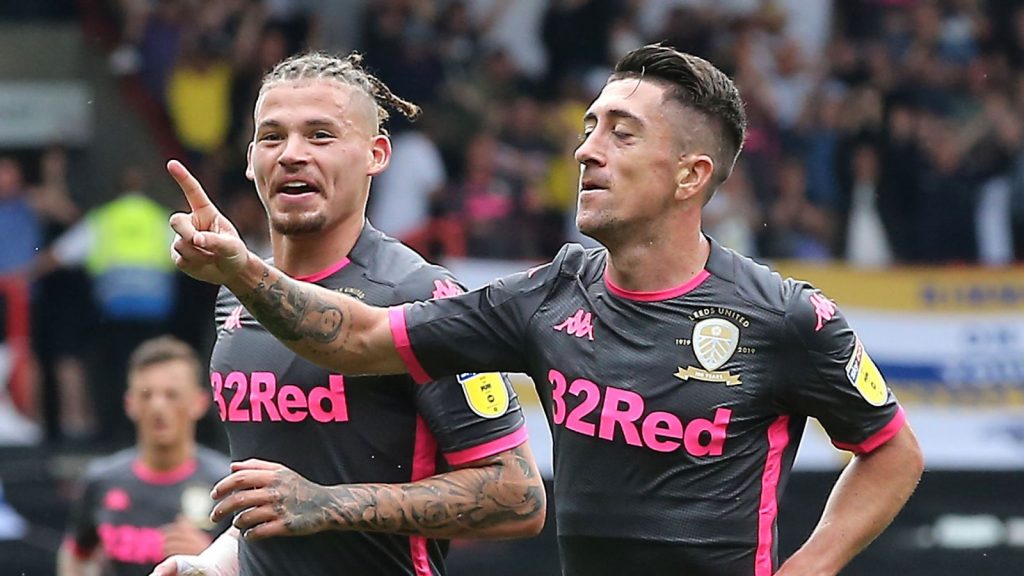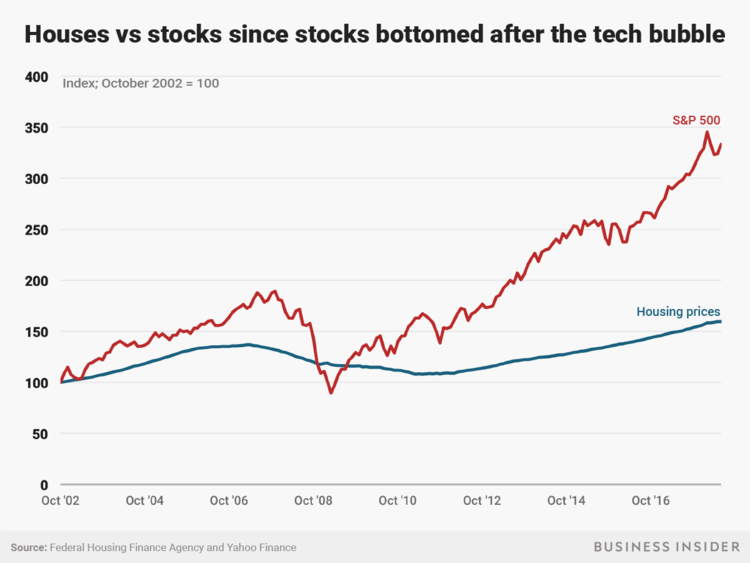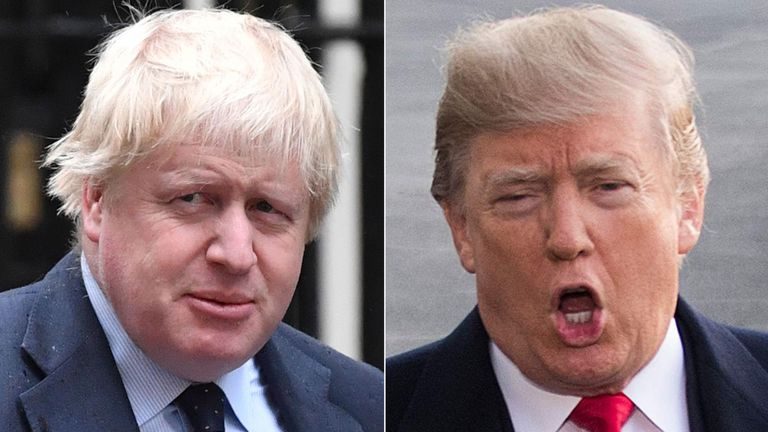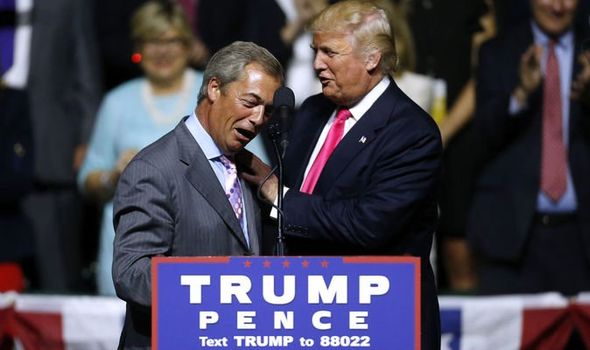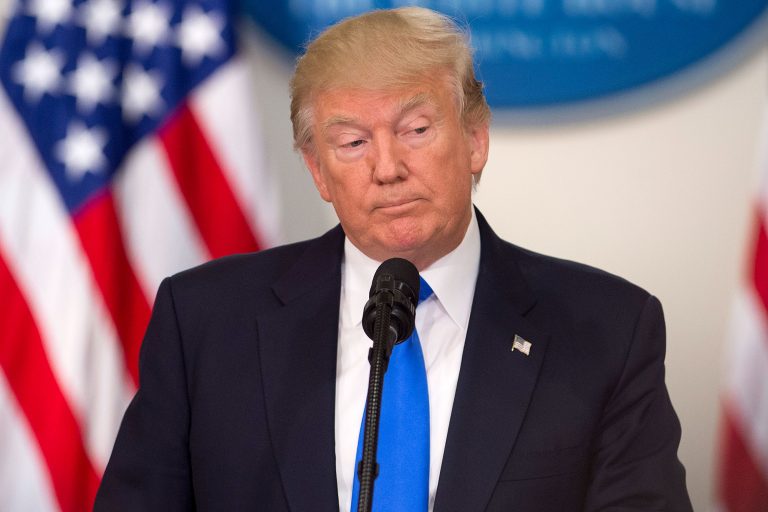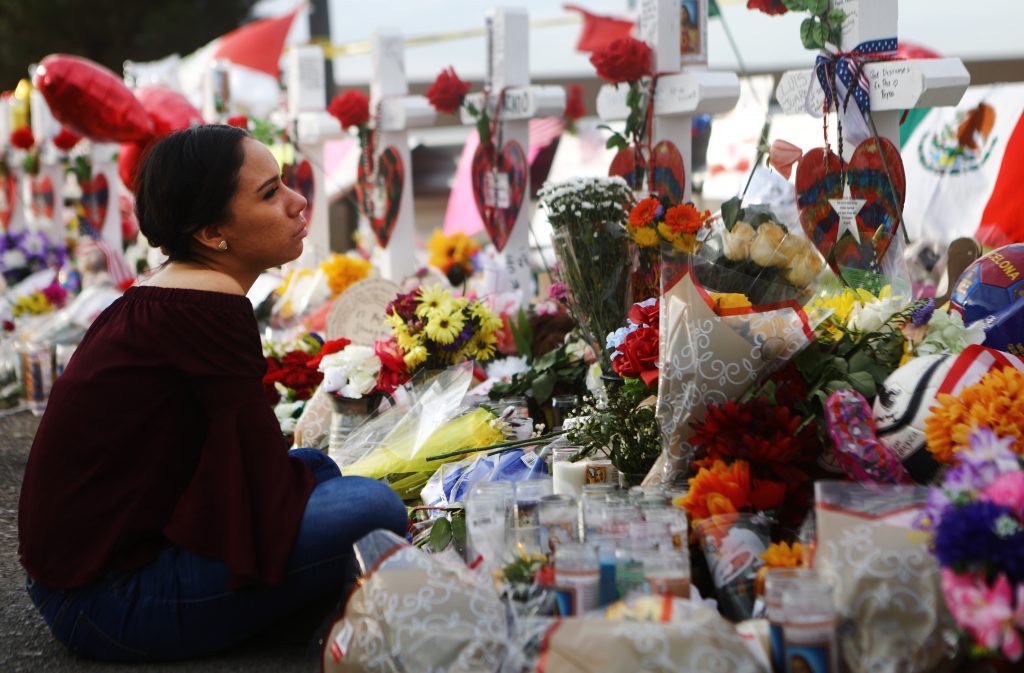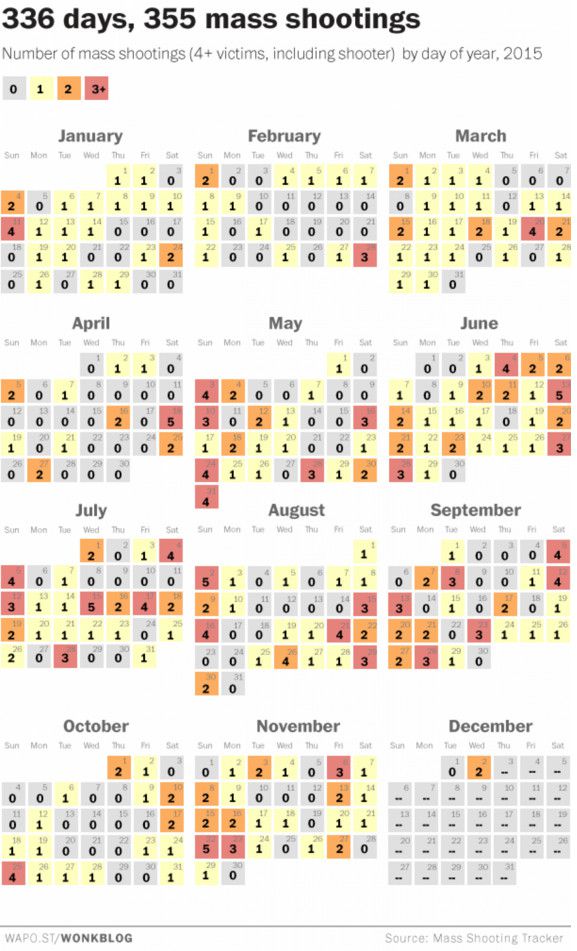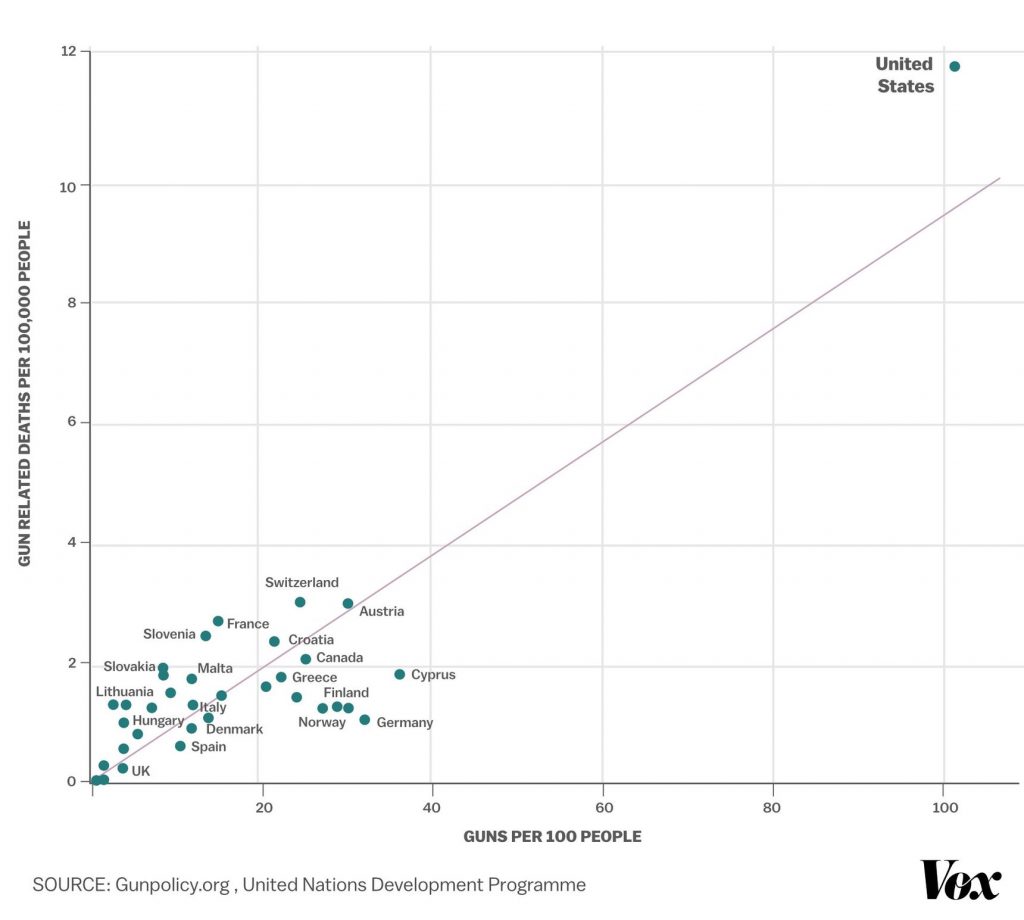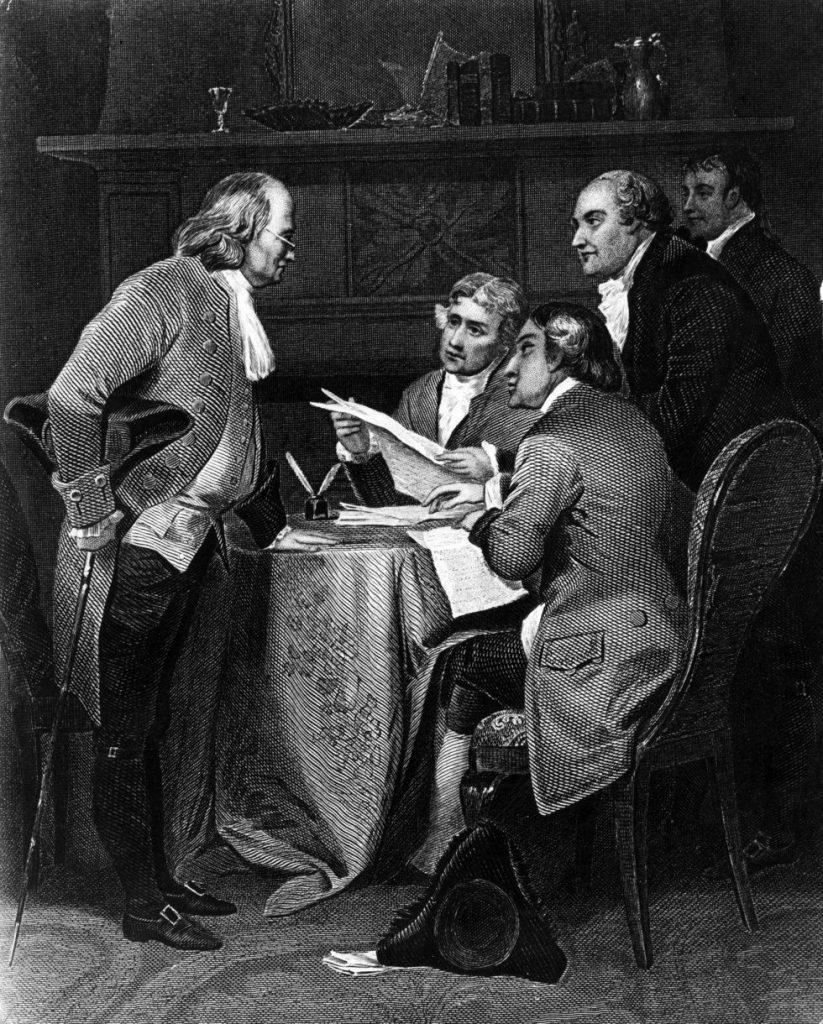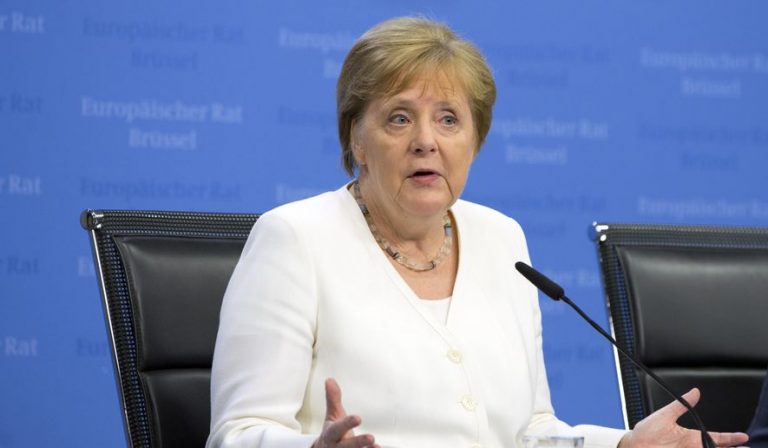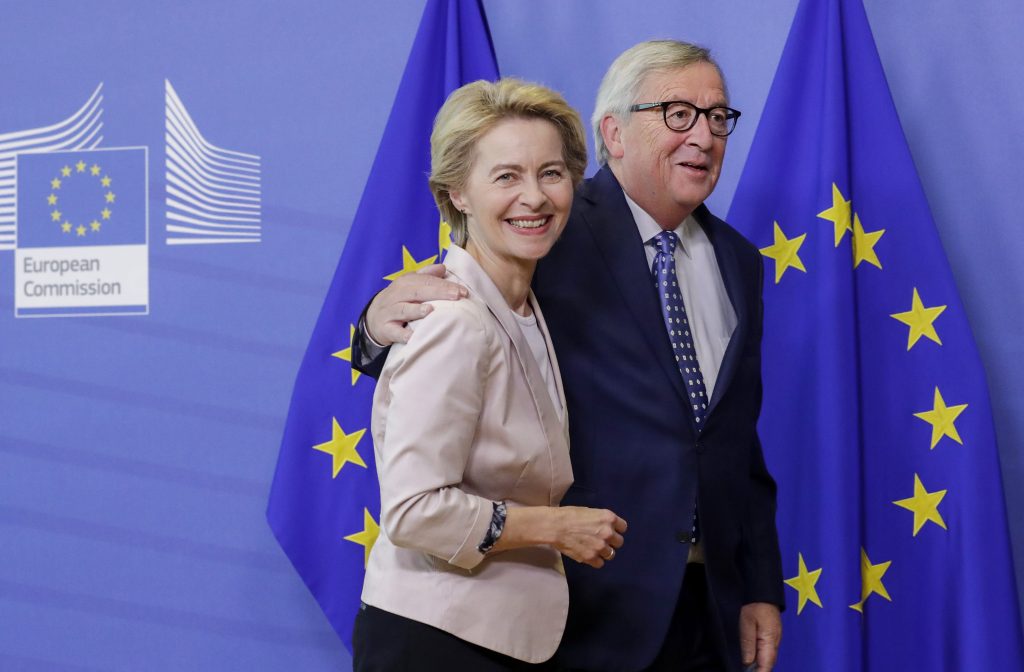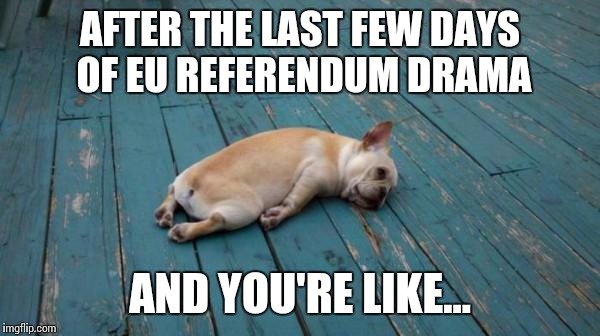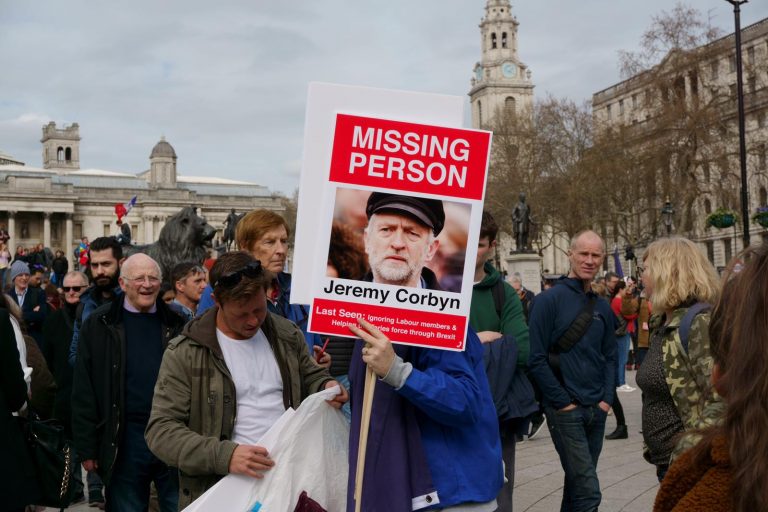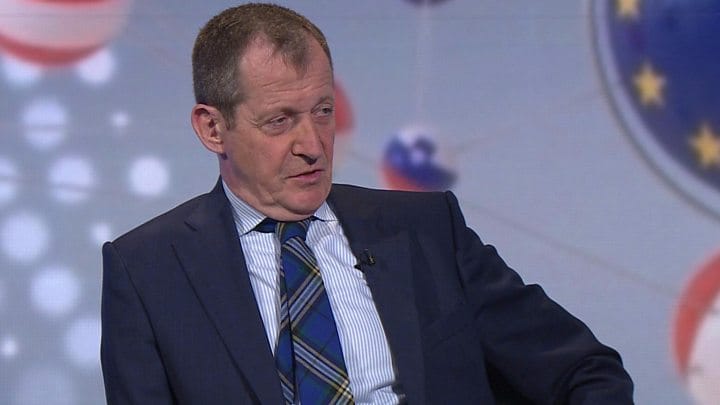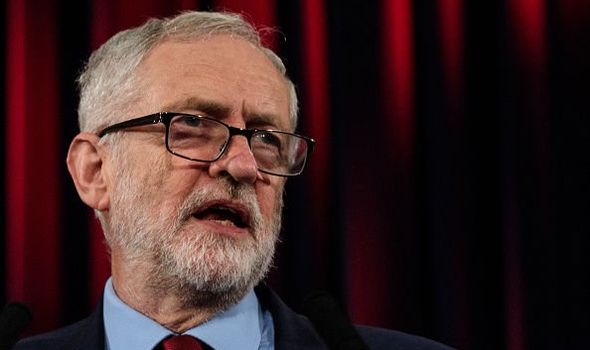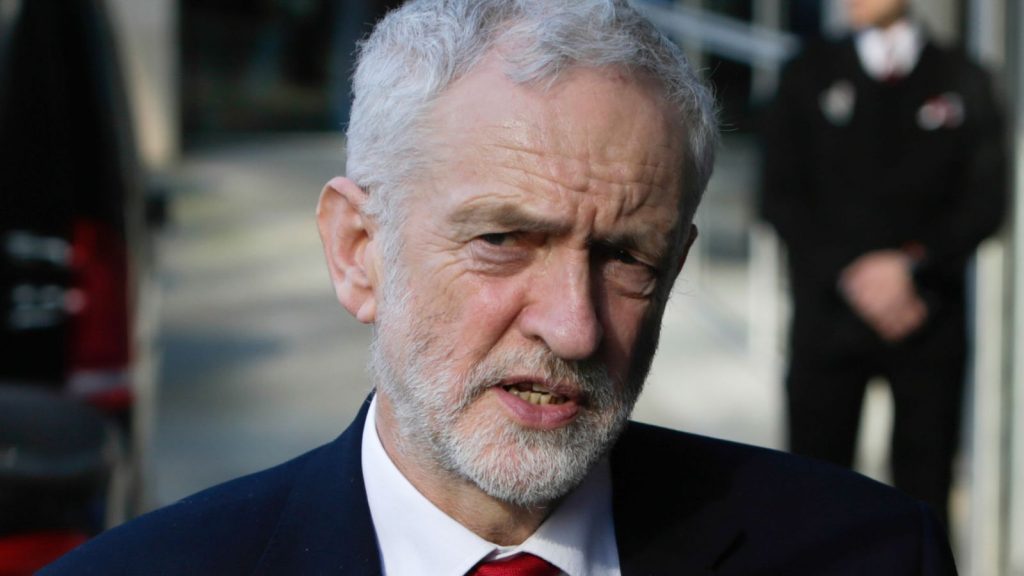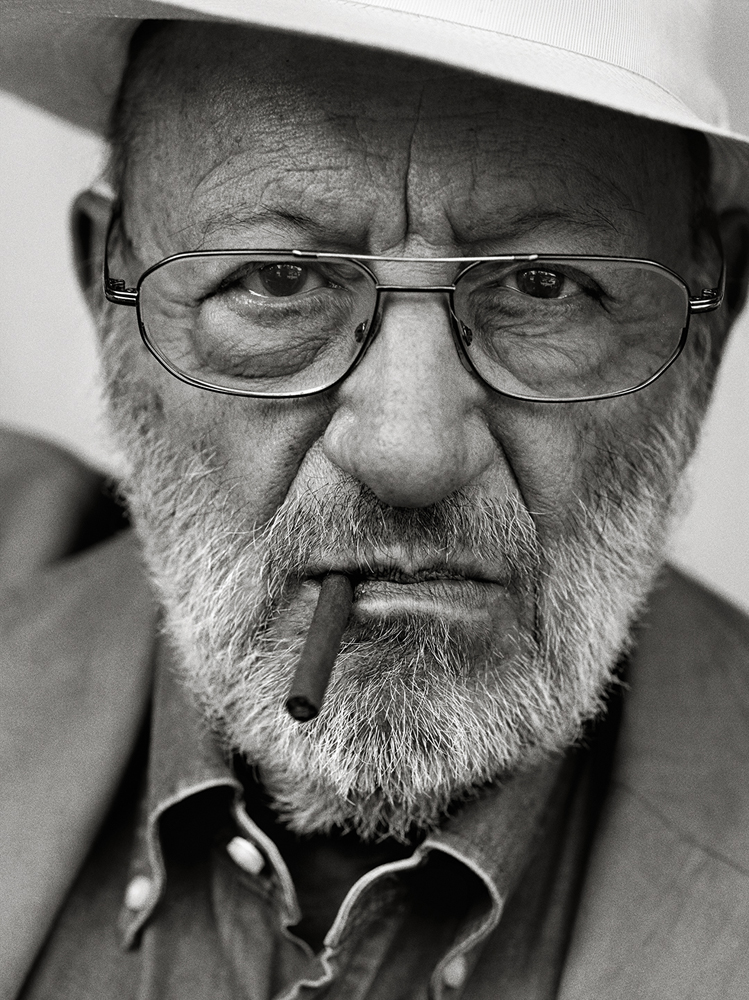As part of his new role as Prime Minister, Boris Johnson recently announced 20,000 new police roles and up to 10,000 new prison places. He also announced increased powers for police to stop and search individuals and announced a £100 million fund to prevent contraband such as mobile phones, drugs and weapons from being smuggled into prison. This was highlighted by the Conservative party as part of a tough new outlook on law and order but was criticised by some as manipulating figures.
In 2010, David Cameron became PM and Theresa May became Home Secretary. As part of their programme of austerity they cut 20,000 police officers bringing the total down to its present 123,171 (from 143,000). Police representatives at the time warned of the threat that cutting police numbers would have but these were ignored. Certainly crime routinely makes the news headlines but how much of a link is there between crime and police numbers? This year the Home Office recorded an increase of 19% in the overall number of violent crimes being reported – with a 17% increase in recorded sexual offences and a 14% increase in homicides. The ONS attributes this rise to improvements in reporting but these numbers will be a cause for concern for any ruling party.
It is impossible to ignore the impact that austerity cuts have had on crime figures, beyond just the front-line staff. Cuts have targeted employment opportunities, education, mental health care, and increased the inequality between rich and poor. We cannot ignore these factors in relation to crime.
Boris Johnson is proposing to increase police numbers to 2010 numbers. The problem is that his party are the ones who reduced those numbers; who told the public that there was no other option but to cut all public services to the bones. If, as the New Statesman recently wrote, the UK is heading towards another recession then where is the money for these new police officers coming from?
10,000 new prison places
Similarly, the 10,000 new prison places don’t stand up to scrutiny. According to the government’s own statistics, prisons have been over-capacity since at least 2011 and the level of prison inmates is currently 8,700 above prison overcrowding limits. There is once again a discrepancy in what the government in promising and what it has actually been doing.
If prisons are currently overcrowded then where are these extra places coming from? Increasing capacity by 10,000 places only just brings the prison population under the limits for overcrowding. What sounds like an impressive plan to bring crime under control, just undoes the Conservatives cuts in the first place.
It seems like, for all the fanfare, these promises are merely an underhanded tactic to make the Conservative Party look more unified and in control than they actually are. Johnson is still promising to pull us out of the EU by October 31st despite all the warnings. The economic outlook isn’t great so the question is where will the money for these plans come from?
You can read about the impact of stop-and-search from other writers but it cannot be excluded from a conversation about crime. Johnson has promised increased powers for police to stop those they suspect of being involved in planning or carrying out a crime. The College of Policing reported in 2017 that there was limited evidence that these tactics deterred people from committing crimes; they also reported that it was more important to focus on education and poverty to prevent people from turning to crime. Stop-and-search predominantly impacts young black men – who in turn are more likely to come from deprived backgrounds. Stop-and-search turns citizens into suspects which in turn breaks down the relationship between police and the people they are supposed to be protecting.

The Conservatives have often tried to position themselves as the party of law and order (with a notable exception being David Cameron’s ‘hug a hoodie’ initiative) but these plans are just sticking plasters on a broken leg. If the Tories really wanted to cut down crime figures they can start by undoing the cuts that have caused huge issues in Britain. Education is the first start and the earliest opportunity to identify the children most at risk from becoming involved in crime, and when children are routinely coming into schools having not eaten and in dirty clothes it’s hard to understand why the focus isn’t on ensuring children aren’t living in poverty. As the number of sexual offences committed has gone up, the percentage of charges brought have decreased too. The Conservatives could increase the support for victims of sexual and domestic violence victims and their families – stopping the cycle of crime before it can take hold.
Homelessness and drug or alcohol addictions are often reported as crimes as opposed to a public health issue. In my hometown of Manchester the scourge of spice (a kind of synthetic cannabinoid) has turned swathes of the city centre into a hells cape but the ambulance service and police are massively overwhelmed by the problem. Manchester has the highest number of deaths of homeless people in the country and the dangerous situation for homeless people has an impact on wider crime: shoplifting, violence, anti-social behaviour. The government could channel more money into combating homelessness and addiction as opposed to moving them from the streets to prison (where they are still at risk of using drugs).
Put simply, I’m not convinced that prisons are the first place to start with reversing crime figures. Whilst increasing police numbers may allow officers to investigate more crime it needs to go hand in hand with a more comprehensive scheme to combat it. Crime does not exist in a vacuum: it arises from precarious living situations, from poverty, from desperation. It comes from forcing first-time offenders into a scheme that focuses more on punishment than on rehabilitation. If the Conservatives want to reduce crime, there are better places to start.
